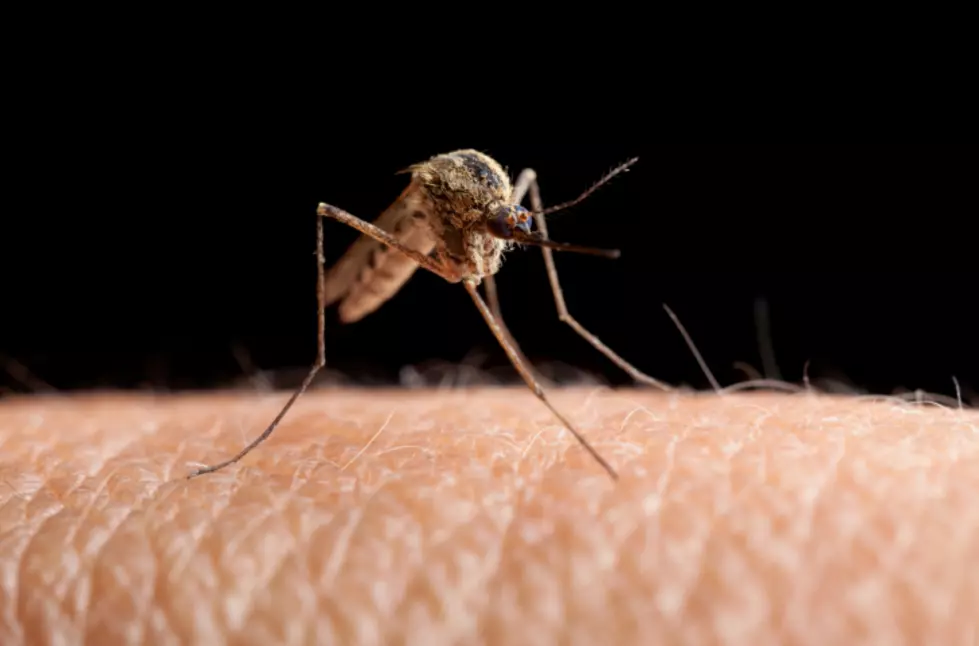
Deadly Mosquito Illness Might Come To Northeast States
There’s an alarming new subject that is trending on Twitter, now there is something else for people in the northeastern region of the US to be concerned about, not killer bees or COVID-19, but killer mosquitoes.
I looked into the subject of killer mosquitoes and I found that they have been around for more than a century. According to One Zero, Eastern equestrian encephalitis (EEE) is a virus that can cause devastating neurological damage as well as death. Imagine that, death from a mosquito bite. Possible death with EEE is very real, approximately 40% of the people infected with this virus will die and those who survive still have the possibility of suffering neurological impairment. There is some good news though, being infected with the EEE virus is very rare. EEE was first recorded in 1938, and in the state of Massachusetts, there have been fewer than 100 cases statewide.
The summer of 2019 had a disturbing increase in the number of cases. Health experts explained that mosquitoes carrying the virus usually thrive in the swamps. Environmental conditions are making the earth a better place for the insects to breed and survive. Global warming has been blamed for the increase in viruses of all kinds, and EEE is one of those viruses.
When we have mild winters and intense summer heat, mosquitoes are able to thrive. That was the case that we had during the winter of 2018 and the summer of 2019. Scientists believe that is why we saw an increase in the mosquito population in the summer of 2019, and then an uptick in the number of EEE cases in the northeastern part of the United States.
So, we know that viruses from mosquitoes have been around for a long time. We need to know that mosquitoes do possibly carry viruses and they always have. The risk of contracting the deadly EEE virus is not so significant, and that’s good news. We have enough to worry about without adding killer mosquitoes to our list.

Mispronounced Capital Region Towns
”Towns
More From HOT 99.1









